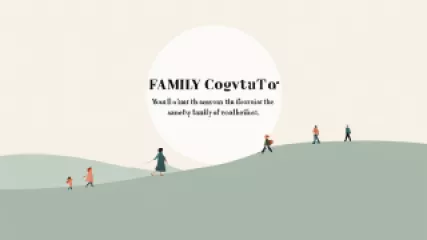Proven Strategies to Boost Self-Esteem: A Research-Backed Guide
1 year ago
Self Esteem Boost
Boosting Self-Esteem: An Interview with a Confidence Coach
1 year ago
Self Esteem Boost
10 Best Ways to Build a Supportive Community
1 year ago
Community Support
My Journey with Cognitive Therapy: Overcoming Mental Obstacles
1 year ago
Cognitive Therapy
My Journey Through Family Conflict: Lessons Learned
1 year ago
Navigating Family Conflict
The Ultimate Guide to Navigating Family Conflict
1 year ago
Navigating Family Conflict
Exploring the Intersection of Nature and Mental Health: A Research Summary
1 year ago
Environmental Psychology
Unlocking Mental Wellness: Lessons from "Wild" for Outdoor Therapy
1 year ago
Nature And Mental Health
How Virtual Mental Health Workshops Helped Me Overcome Social Isolation
1 year ago
Social Isolation Effects
Overcoming Emotional Barriers: My Journey to Expressing Feelings Effectively
1 year ago
Expressing Feelings Effectively
My Journey to Verbalizing Emotions Accurately
1 year ago
Expressing Feelings Effectively
Ultimate Guide to Self-Care in Nature for Mental Health
1 year ago
Nature And Mental Health
Exploring Adoptive Family Dynamics: A Research Summary
1 year ago
Adoptive Family Dynamics
Effective Strategies for Improving Family Communication During Conflict
1 year ago
Navigating Family Conflict
The Power of Emotional Regulation Techniques in Expressing Feelings
1 year ago
Expressing Feelings Effectively















